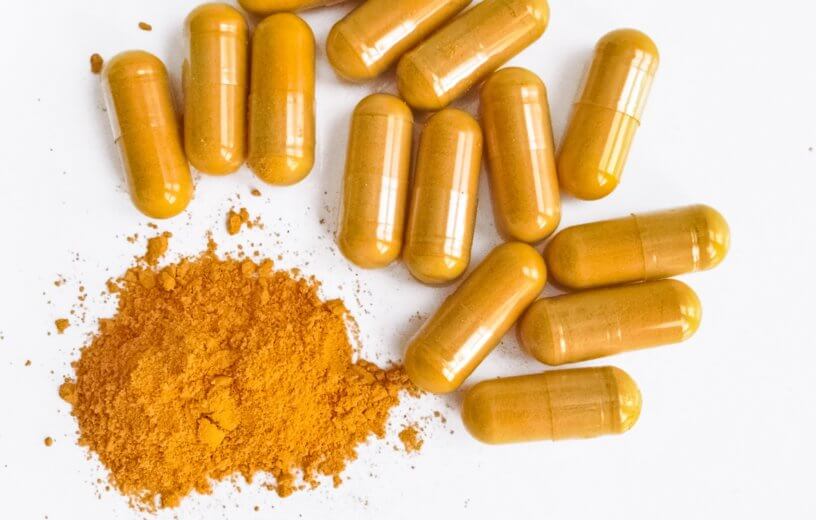LOS ANGELES — For anyone who loves Indian food, there might be another reason to endlessly praise the culinary tradition: Curcumin, an ingredient found in many common Indian spices, such as curry, has been found to improve the mood and memory of people with mild, age-related memory loss, according to research by scientists at UCLA.
Curcumin is most commonly found in turmeric, a key spice in Indian cuisine. In fact, it’s curcumin that gives curry its unmistakable bright color. In previous studies, curcumin has been shown to improve inflammation, and it even has antioxidant properties. Perhaps it’s no surprise that Indian adults have low rates of Alzheimer’s disease and generally show better cognitive performance as they age, the researchers say.
“Exactly how curcumin exerts its effects is not certain, but it may be due to its ability to reduce brain inflammation, which has been linked to both Alzheimer’s disease and major depression,” explains lead author Dr. Gary Small, director of geriatric psychiatry at UCLA’s Longevity Center in a release.
For their study, Dr. Small and his team tested 40 adults between the ages of 50 and 90 who had mild memory loss complaints. They were randomly assigned either a placebo or 90 milligrams of curcumin twice a day for 18 months. Each participant received standardized cognitive assessments at the start of the study and at six-month intervals. Those who took the curcumin performed better on the cognitive tests, showing better memory recall and attention spans compared to those who took the placebo. In fact, individuals in the curcumin group showed an average of 28 percent improvement on the memory test at 18 months.
Thirty participants also agreed to undergo brain scans to test for levels of amyloid and tau — which are key markers for Alzheimer’s disease — at the beginning of the study and at the follow-up period. After 18 months, those who took curcumin showed much lower levels of the two proteins than those in the placebo group.
“These results suggest that taking this relatively safe form of curcumin could provide meaningful cognitive benefits over the years,” says Small, who hopes to test the chemical on a larger sample group. That next study would also include individuals with depression so that researchers could test whether or not it also exhibits antidepressant effects.
The full study was published in the March 2018 edition of The American Journal of Geriatric Psychiatry.
